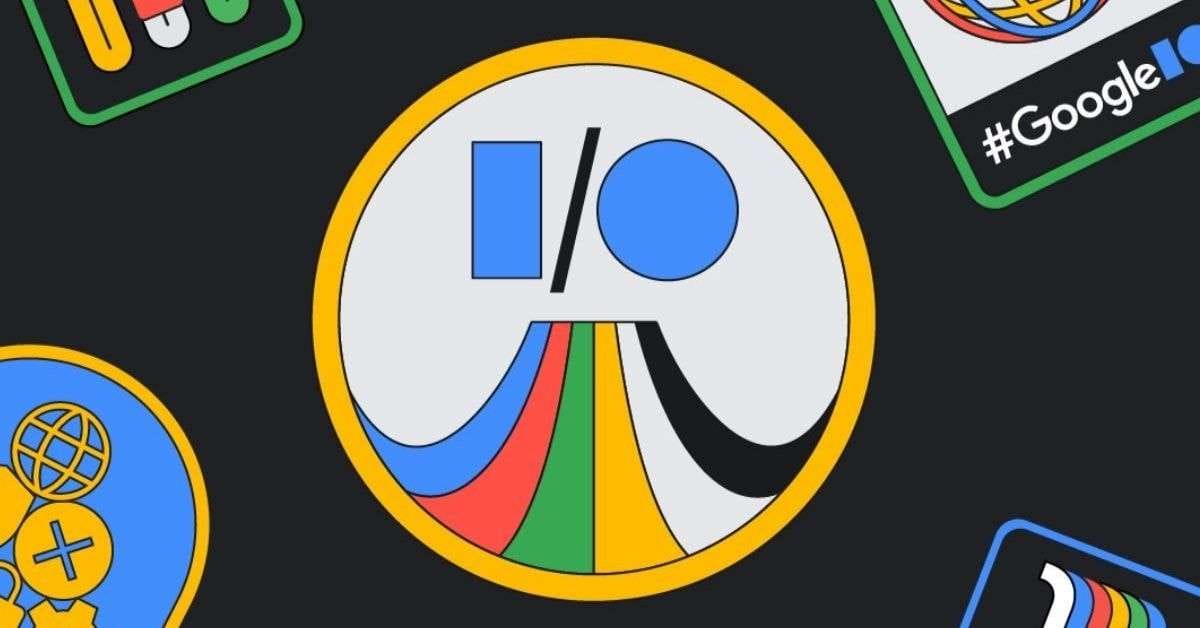Learning a new language just got a whole lot smarter – and a little more fun – thanks to Google’s latest experiments with AI. On Tuesday, the tech giant dropped three fresh AI-powered language tools through Google Labs, all designed to help you go beyond basic phrases and sound less like a tourist and more like a local.
And yes, it looks like Duolingo just got some competition – from Google’s own large language model, Gemini.
Here’s what’s new in the AI language-learning playground:
1. Tiny Lesson: Help! I Lost My Passport (and My Vocabulary)

Ever been in a pinch and realized your language app didn’t teach you how to say “I lost my passport and mildly panicked”? Enter Tiny Lesson, a feature that lets you describe a real-life scenario – like reporting a lost passport – and get a bite-sized, context-aware lesson with vocab, grammar tips, and handy phrases like “I want to report it to the police” or “I don’t know where I lost it.” It’s like a pocket translator with a teaching degree.
2. Slang Hang: Talk Like a Local, Not a Textbook

Let’s face it: no one orders street food with perfect grammar and formal sentence structure. That’s why Google created Slang Hang, a feature that teaches you to speak like real humans do. It shows you casual, everyday conversations – think friends reuniting on a subway or bartering with a street vendor – and breaks down slang and idiomatic phrases along the way. You can even hover over words to get the lowdown on their meaning and usage.
Caveat: This is still an experiment, so don’t be surprised if Gemini invents a few slang words of its own. Maybe just double-check anything sketchy with a human.
3. Word Cam: Point, Snap, Learn

Finally, there’s Word Cam, a visual vocabulary booster. Just point your camera at your surroundings, snap a photo, and Gemini will label objects in the language you’re learning – plus suggest bonus words to level up your description game. Sure, you might know “window,” but do you know “blinds”? Now you do.
Google says the idea behind all this is to make language learning more personal, visual, and contextual – the kind of stuff traditional lessons tend to miss.
Supported Languages
This experimental suite already supports a robust list of languages, including:
Arabic, Chinese (China, Hong Kong, Taiwan), English (U.S., U.K., Australia), French (France, Canada), German, Greek, Hebrew, Hindi, Italian, Japanese, Korean, Portuguese (Brazil, Portugal), Russian, Spanish (Spain, Latin America), and Turkish.Curious? You can try all three experiments now at Google Labs.






